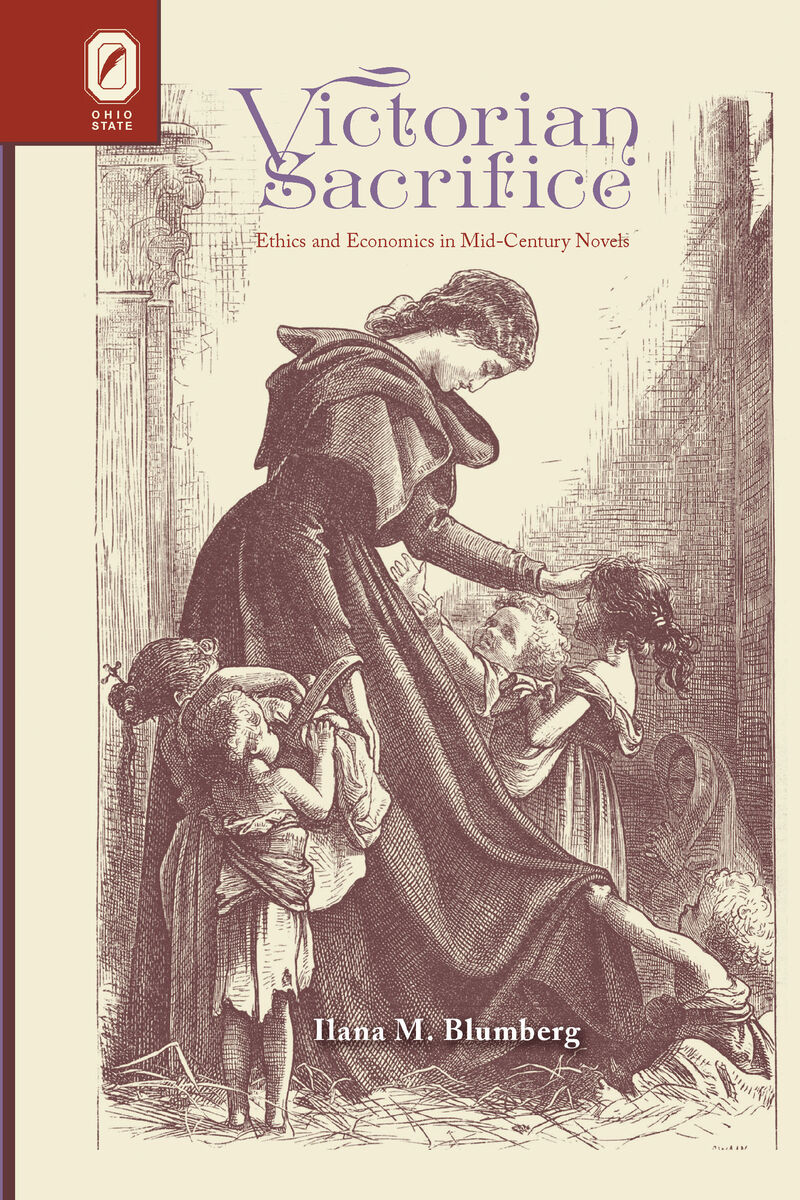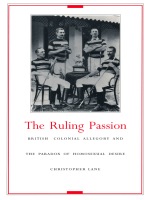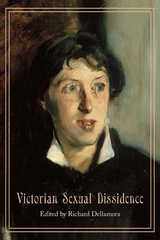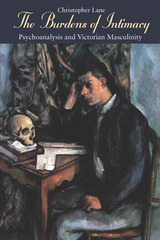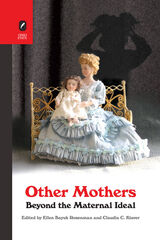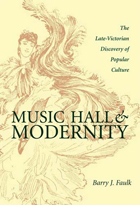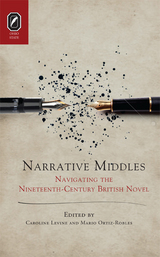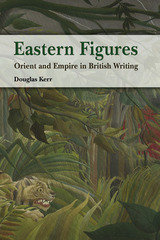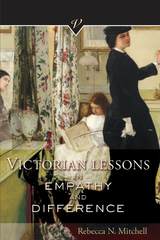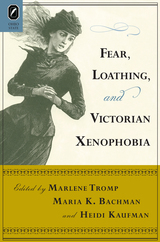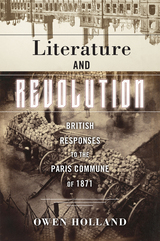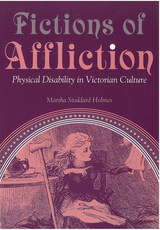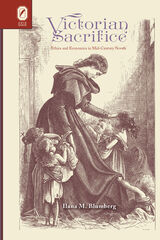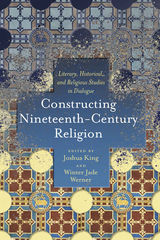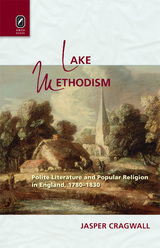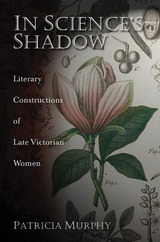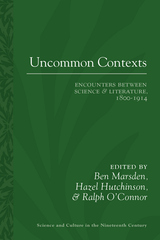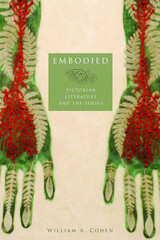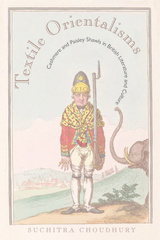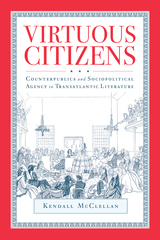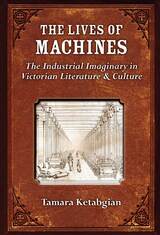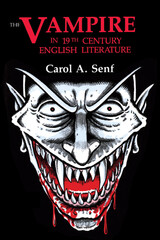Victorian Sacrifice
The Ohio State University Press, 2013
Cloth: 978-0-8142-1226-4 | eISBN: 978-0-8142-7111-7 | Paper: 978-0-8142-5411-0
Library of Congress Classification PR468.R44B58 2013
Dewey Decimal Classification 823.809382
Cloth: 978-0-8142-1226-4 | eISBN: 978-0-8142-7111-7 | Paper: 978-0-8142-5411-0
Library of Congress Classification PR468.R44B58 2013
Dewey Decimal Classification 823.809382
ABOUT THIS BOOK | AUTHOR BIOGRAPHY | REVIEWS | TOC
ABOUT THIS BOOK
In Victorian Sacrifice: Ethics and Economics in Mid-Century Novels, Ilana Blumberg offers a major reconsideration of the central Victorian ethic of self-sacrifice, suggesting that much of what we have taken to be the moral psychology of Victorian fiction may be understood in terms of the dramatic confrontation between Christian theology and the world of modern economic theory. As Victorian writers Charlotte Mary Yonge, Charles Dickens, George Eliot, Anthony Trollope, Wilkie Collins, and Mary Augusta Ward strove to forge a practicable ethics that would reconcile the influences of an evangelical Christianity and its emphasis on selfless charity with the forces of laissez-faire capitalism and its emphasis on individual profit, they moved away from the cherished ideal of painful, solitary self-sacrifice in service of another’s good. Instead, Blumberg suggests, major novelists sought an ethical realism characterized by the belief that virtuous action could serve the collective benefit of the parties involved. At a mid-century moment of economic optimism, novelists transformed the ethical landscape by imagining what the sociologist Herbert Spencer would later call a “measured egoism,” an ethically responsible self-concern which might foster communal solidarity and material abundance.
Bringing the recent literary turns to ethics and to economics into mutual conversation, Blumberg offers us a new lens on a matter as pressing today as 150 years ago: the search for an ethics adequate to the hopes and fears of a new economy.
See other books on: Altruism in literature | Economics in literature | Ethics in literature | Literature & the Arts | Religion and literature
See other titles from The Ohio State University Press
